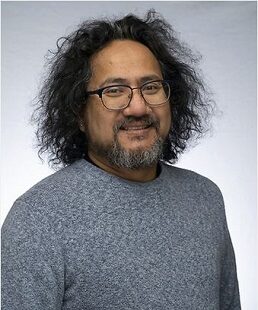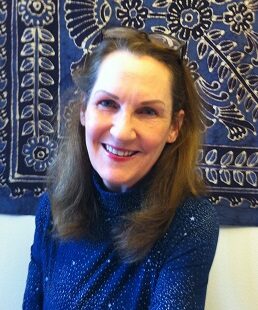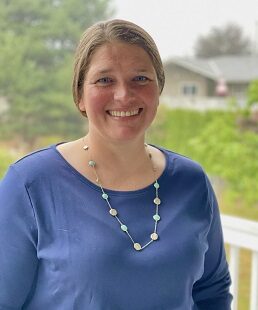Anthropology
Dig into humankind’s evolution over centuries of adaptation, identity expression, language progression and cultural practice. Trace the lifeways of the past as you explore this fascinating, broad, and diverse social science. Anthropology offers four tracks to get you major ready for transfer: Archaeology, Biological Anthropology, Cultural Anthropology, and Linguistics.
Course Maps
A course map is a quick guide to help students figure out which courses to take each quarter. Course maps were written by BC faculty, who have used their expertise to recommend specific courses students can take to achieve their academic or career goals. Students should meet with an advisor to learn more.
Sample Courses
- Bones, Stones, Fire and Clay
- Sociolinguistics
- Cross-Cultural Medicine
- Environment and Culture
- Archaeology
Points of Pride
A Broad and Diverse Social Science
Anthropology provides courses in four major areas: archaeology, biological anthropology, cultural anthropology, and linguistics.
Flexible Learning
Most classes are offered on campus, on-line, and in a hybrid mode.
Featured Faculty
-

Anthony Tessondori
- Program Chair
-

Dr. Nancy Gonlin
- Faculty
Nancy Gonlin, a Mesoamerican archaeologist, enjoys teaching a wide variety of anthropology courses. She conducts research and publishes extensively on the archaeology of the night, household archaeology, and the Classic Mayas. She serves on the boards of the Journal of Archaeology & Education, Ancient Mesoamerica, and the International Conference on Night Studies.
-

Dr. Christine Dixon-Hundredmark
- Faculty
Chris Dixon-Hundredmark is an anthropologist whose research centers on Maya agriculture, community organization and household archaeology. She has conducted fieldwork in Belize, El Salvador, Honduras, Mexico, and Hawaii, and is currently working to challenge assumptions about parenting in archaeological literature. She is passionate about teaching a four-field approach to anthropology.
